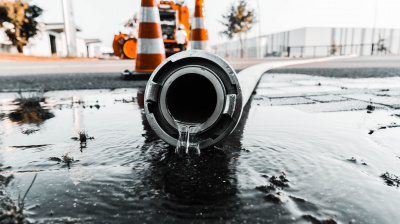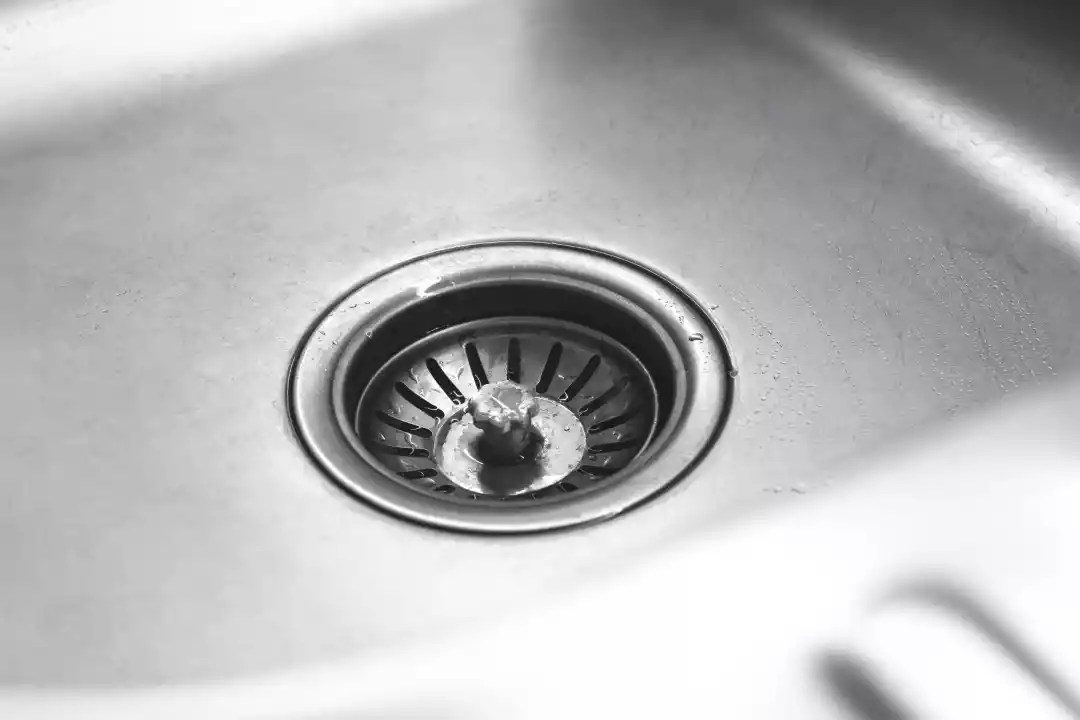Objects Down The Toilet
Foreign things flushed down the toilet are one of the leading causes of clogged drains. The unfortunate thing is that your drains aren't designed to handle these foreign objects, which inevitably causes blockages with very unpleasant results - overflowing sewage is one of the most frequent ones. This can include anything from baby wipes and cotton pads to sanitary items and even the occasional child's toy. Prioritise placing a rubbish basket close to the toilet so that any sanitary products, cotton balls, or face wipes may be put in it and thrown away rather than flushed down the toilet. This will help prevent the flushing of foreign materials. You'll only need to take additional precautions with your phone and children's toys.
Napkins and used feminine products are examples of items that shouldn't be flushed. This material will ultimately build up and result in backlog and obstructions that impact several homes. Additionally, if the item is large enough, it might not leave your home; instead, it may become stuck in the pipes beneath. In this case, even though the obstruction might not produce a backup for weeks or months if other objects build up around it, you will notice it. At this point, you need to hire a plumber to remove the waste.
Leaves
Fallen leaves can accumulate in your drains and block them, making it difficult for them to remove water from your property. A bigger obstacle might cause floods and water back-up, whereas a smaller barrier can just cause frustratingly sluggish drainage. Blockages in your drains over time can seriously harm your property and even the health of the people and animals that live there. A clogged drain can not only spread unpleasant scents throughout your home but can also lead to hidden leaks. This may result in unwelcome extra moisture in the house, which frequently leads to damp and mouldy places.
Planning ahead and removing any branches that are encroaching on your property throughout the summer or the very first stages of the season is the greatest approach to initially prevent the build-up of leaf mulch within your drains. As a result, there will be less leaves to handle in the future that fall into or close to your drains. Drain guards protect your drains while having no impact on water flow. They are the most effective and economical solution to keep blown leaves out of your drains. A different approach is to purchase or lease a hoover that will collect all of your leaves and debris. Additionally, this is useful for removing any leaves that have already fallen into the drains. In contrast, a leaf blower spreads the leaves but does not remove them in densely populated regions. This is helpful if you don't want to have a lot of mess to clean up afterwards.

Need assistance finding drainage clearance near you?
Get a QuoteGrease And Fat
At their most fundamental level, grease-related obstructions are a chemical issue since the substance hardens as it cools and can lodge itself in pipes and clog up drains. The lipids in the grease disintegrate into their most basic components, fatty acids and glycerol, as soon as you pour your used cooking oil and grease trash down the drain in your washbasin. Due to concrete degradation, the fatty acids from the grease progressively bond to the calcium present in sewers and sewage pipes. As the acids and calcium mix, a waxy, soap-like substance starts to develop.
As more and more grease is flushed down drainpipes, these solid substances gradually build up on sewage pipe ceilings to produce fat stalactites known as "fatbergs". Even a small amount of grease and oil over time might result in serious issues. You may wash things down the drain to contribute to more fatbergs, even if you're only washing and cleaning the leftover grease and oil from old pots and pans. The deposit of congealed fat that clogs the sewage system and creates risky backup issues results from these hardened obstructions growing in size.
Hair
Hair may not always pass through the pipes easily when it is poured down the drain. The hair might become tangled in another object, clogging it. The blockage eventually affects a significant plumbing connection inside the walls or the P-trap connection on your bathroom sink. Hair can become stuck in the pipes for a number of reasons, including soap, water, and hair product accumulation. Hair is simpler to keep clean than other goods, so homeowners frequently just throw it down the toilet. Hair, however, is stringy and can be found in the drain's crevices. More hair becomes tangled in the pipes as more hair accumulates there. This procedure results in a blockage.
A plunger can unclog a drain of hair, however, this approach is not always effective. Filling the sink with water and attempting to clear the obstruction from the top is the best approach to utilise a plunger. If that doesn't clear the blockage, you can try using the plunger. Before the blockage is entirely cleared, you might need to repeat this process multiple times.
Food Waste
In actuality, you shouldn't put anything down your sink unless it's a liquid, and even then, stuff like oil and grease shouldn't go down there. Even though some little food scraps will inevitably find their way into our sinks, it is crucial that we take the time to scrape leftovers into bins before doing the dishes. Many meals have significant fat, oil, and grease content, which can damage our sinks, pipes, and drains and quickly lead to clogs. These compounds can quickly turn hard, making it challenging for them to pass down our pipes and into our drains.
Although boiling water can aid in softening them, assistance from a specialist is frequently required. Foods without oil, fat or grease can still clog our pipes and cause blockages later down the line, though. Regardless of whether they have previously been cooked, starchy foods like pasta, rice, and noodles get slimy. Starchy meals like pasta and grains can never be broken down since they bloat up when they come into touch with water, no matter how much water is poured down your washbasin afterwards. Regardless of whether the meat has been cooked before, it is imperative that it not be poured down the drain. Meat, whether it is raw or cooked, has the capacity to become quite stringy, which makes it easy for it to wrap around anything already existing in your pipes and cause an unattractive obstruction.
In this article:
